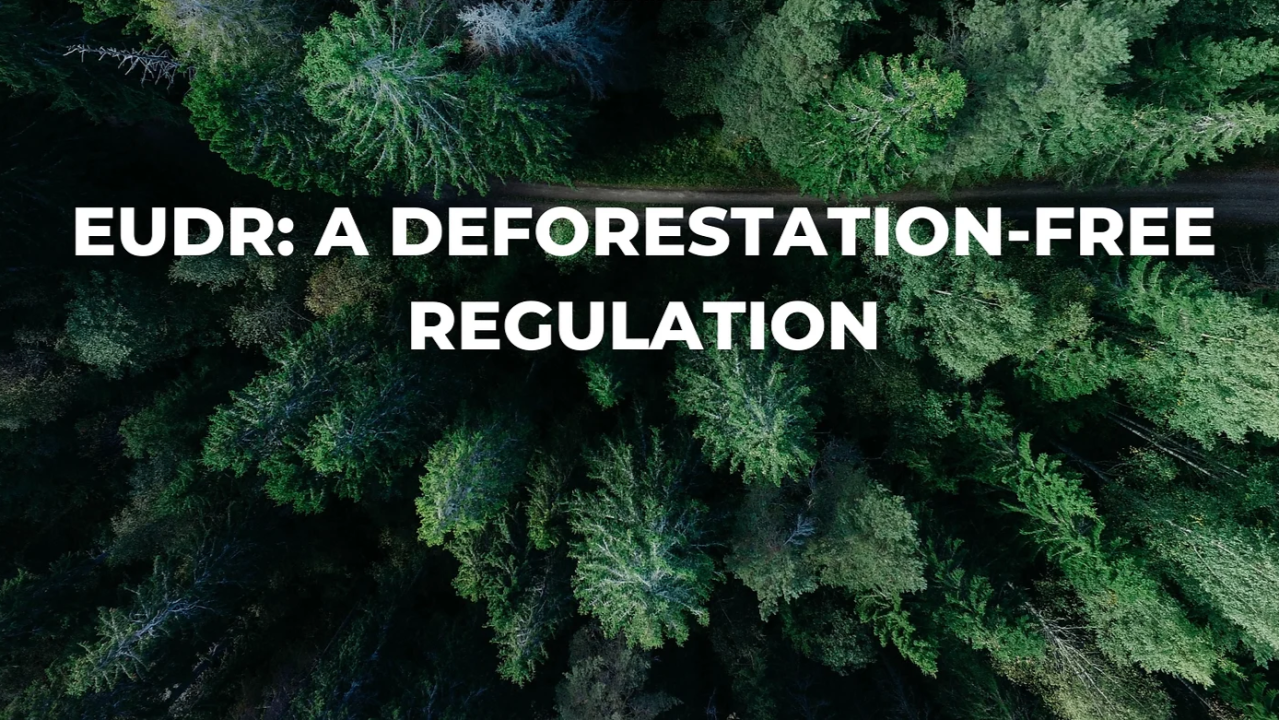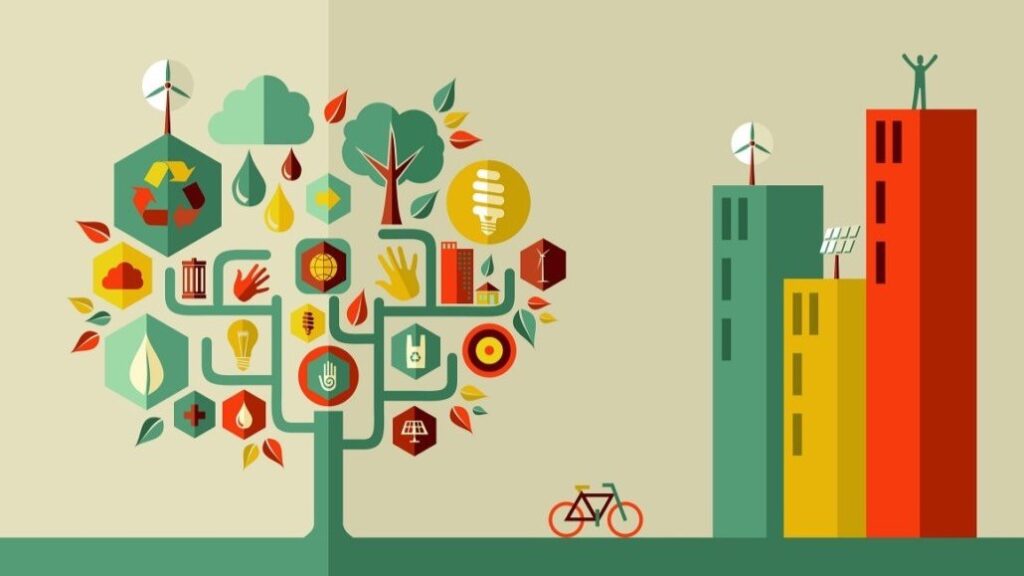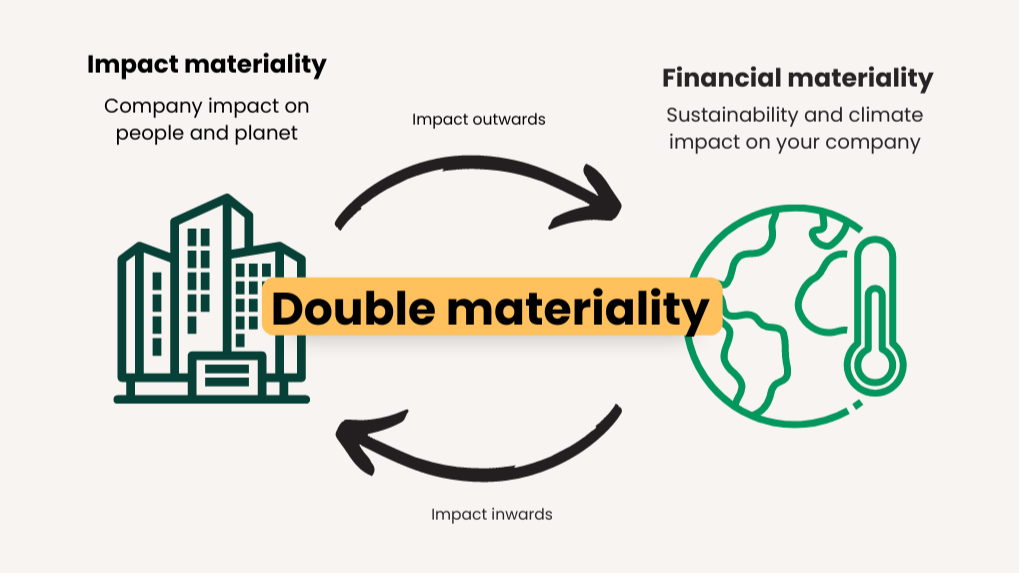What is the EUDR?
The European Union Deforestation Regulation (EUDR) represents a significant transition in global efforts to combat deforestation and forest degradation. This regulation is scheduled to take effect on 30 December 2024 and mandates that products sold in the EU, such as cocoa, coffee, and palm oil, must not be linked to deforestation or degradation of land. By requiring companies to provide proof of non deforestation and implementing a due diligence system for tracing supply chains, the EUDR aims to ensure that goods entering the EU market do not contribute to the destruction of forest ecosystems. This comprehensive approach underscores the EU’s commitment to addressing climate change and biodiversity loss while setting a benchmark for international environmental governance.
Principal Guidelines of the EUDR
1. Due Diligence Requirements
- Traceability – Companies must establish effective systems to track and document the origins of their products. They need to prove that their products were not sourced from land deforested or degraded after a specified cut off date.
- Verification – Businesses will undergo thorough analysis, including third party audits and certifications, to ensure compliance with sustainability standards and confirm that their supply chains are free from deforestation impacts.
2. Geographical Scope
- Global Coverage – The EUDR applies to deforestation occurring worldwide, not just within the EU. This means that any product linked to deforestation, regardless of its location, falls under the regulation if it is sold in the EU.
3. Enforcement Mechanisms
- Penalties for Non Compliance– Companies failing to comply with the EUDR may face significant fines and restrictions on selling their products in the EU market. The regulation emphasizes strict enforcement to ensure compliance.
- National Authorities – Enforcement will be handled by national authorities in EU member states, responsible for monitoring compliance and imposing penalties as needed.
This regulation not only helps mitigate climate change but also supports overall ecosystem health by curbing the demand for goods that contribute to deforestation. The EUDR establishes a global benchmark for sustainable trade practices, prompting producers worldwide to adopt environmentally responsible methods and invest in sustainable agriculture and forestry.
As the EUDR approaches its implementation date, several significant updates and initiatives are emerging. The European Commission is actively providing guidance and resources to help businesses navigate the new regulations, including detailed implementation guidelines and best practice examples. To support businesses in making this transition, various mechanisms such as financial incentives and technical assistance programs are being introduced. These efforts collectively aim to ensure a smooth adaptation to the EUDR and promote widespread compliance with its sustainability objectives. The EUDR aims to protect crucial forest ecosystems, promote sustainable practices, and provide consumers with greater assurance about the products they purchase. As the regulation comes into effect on 30 December 2024, it will be crucial for businesses, policymakers, and consumers to collaborate in ensuring its successful implementation and achieving its environmental goals.
References





Regardless of which specific tools you utilize, having the right technology in place will allow your new business to get off on the right foot toward lasting success.